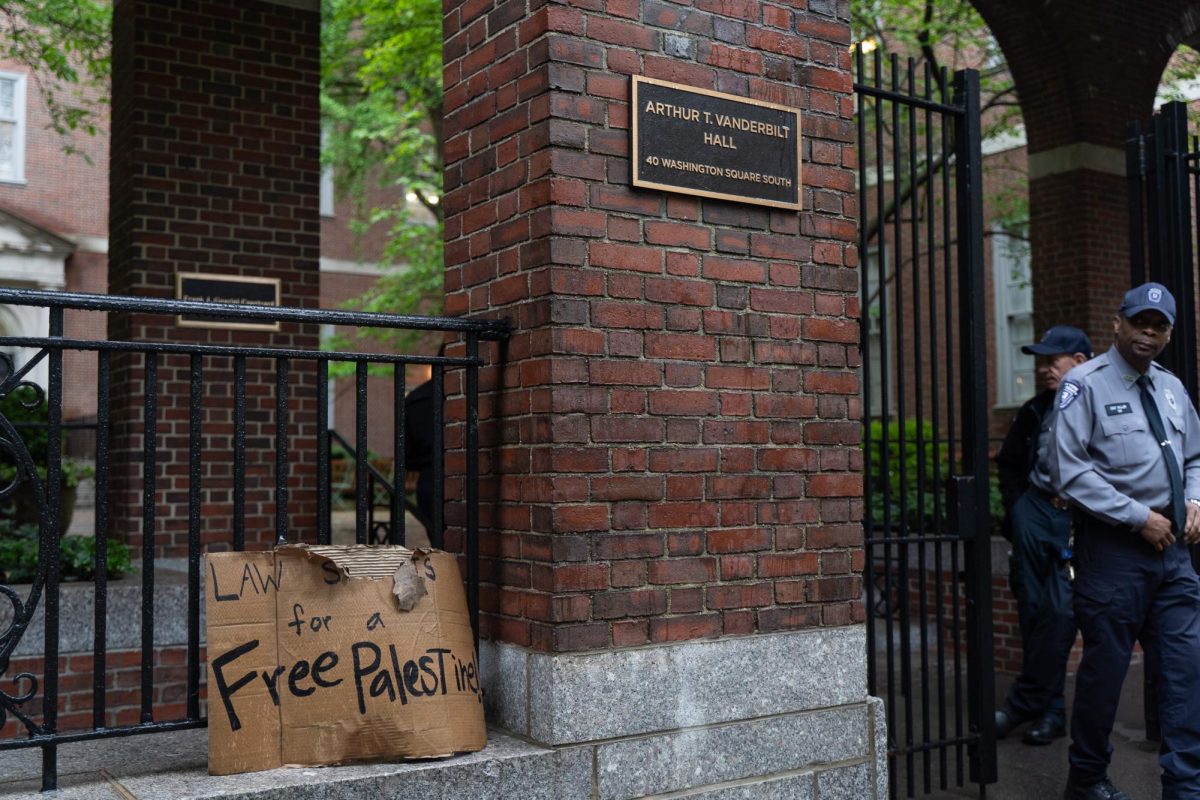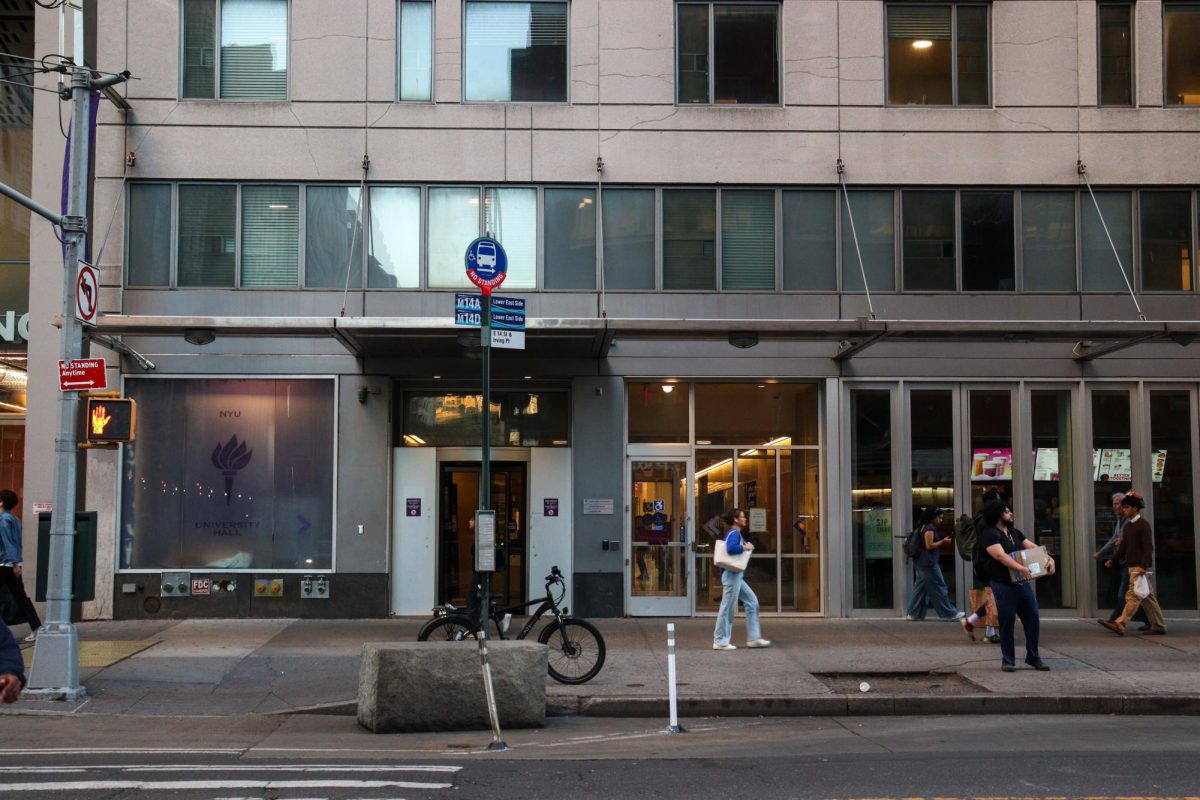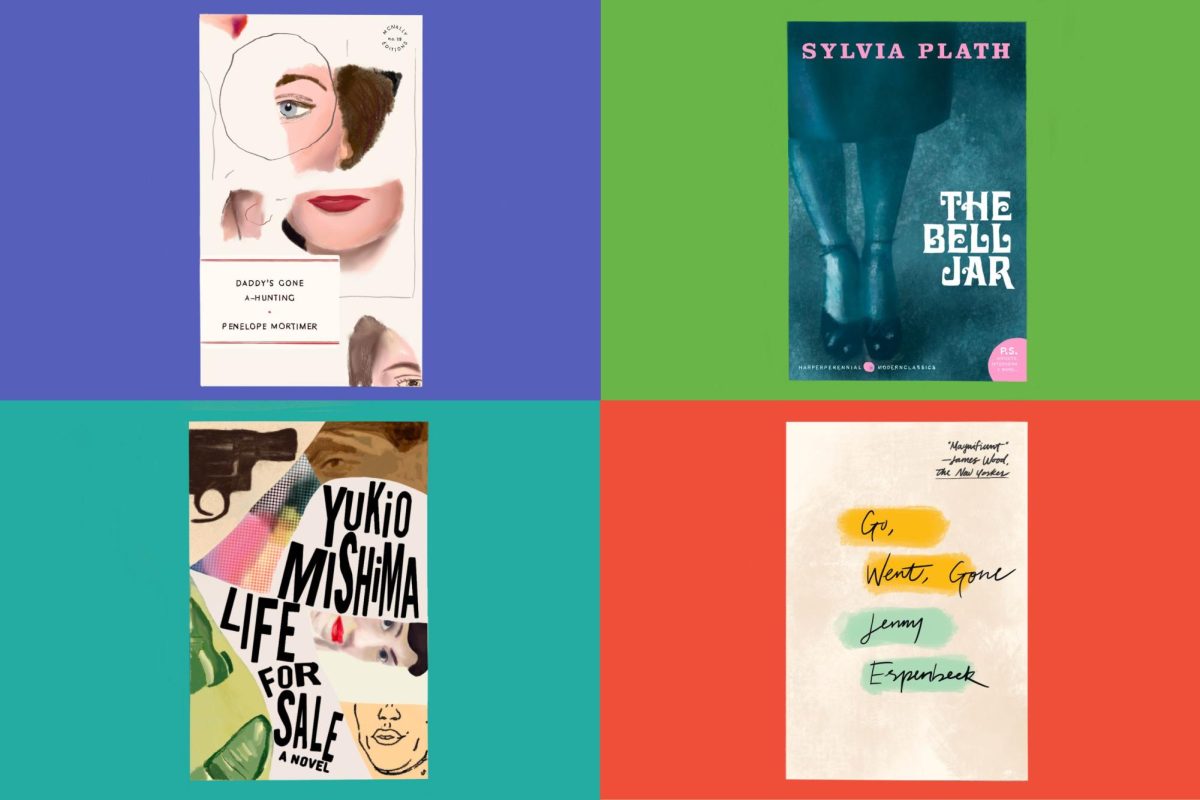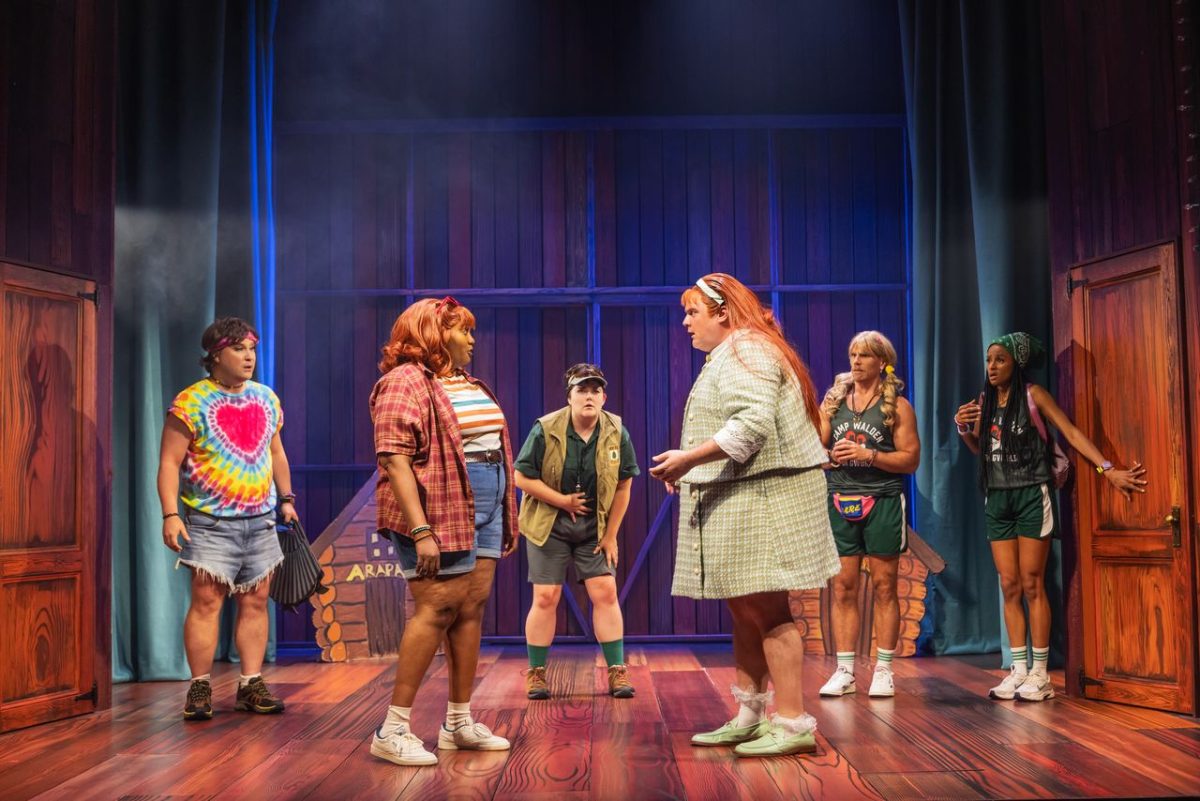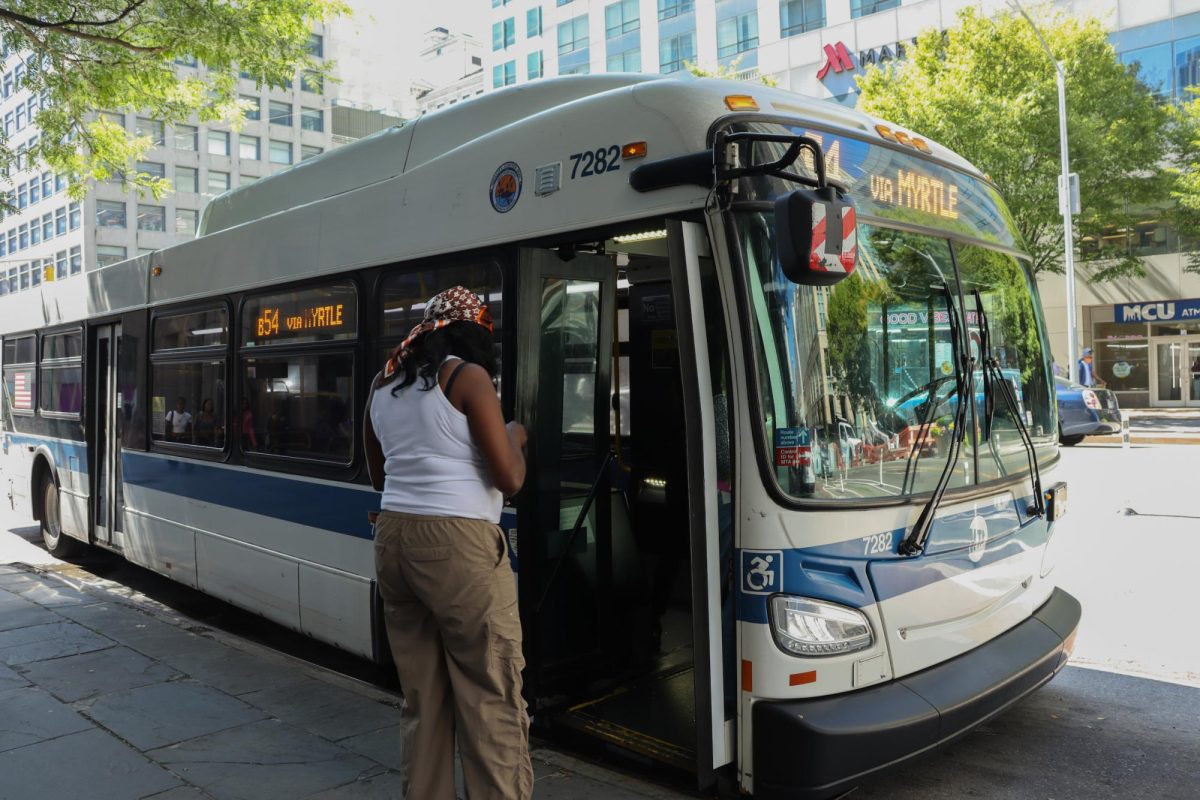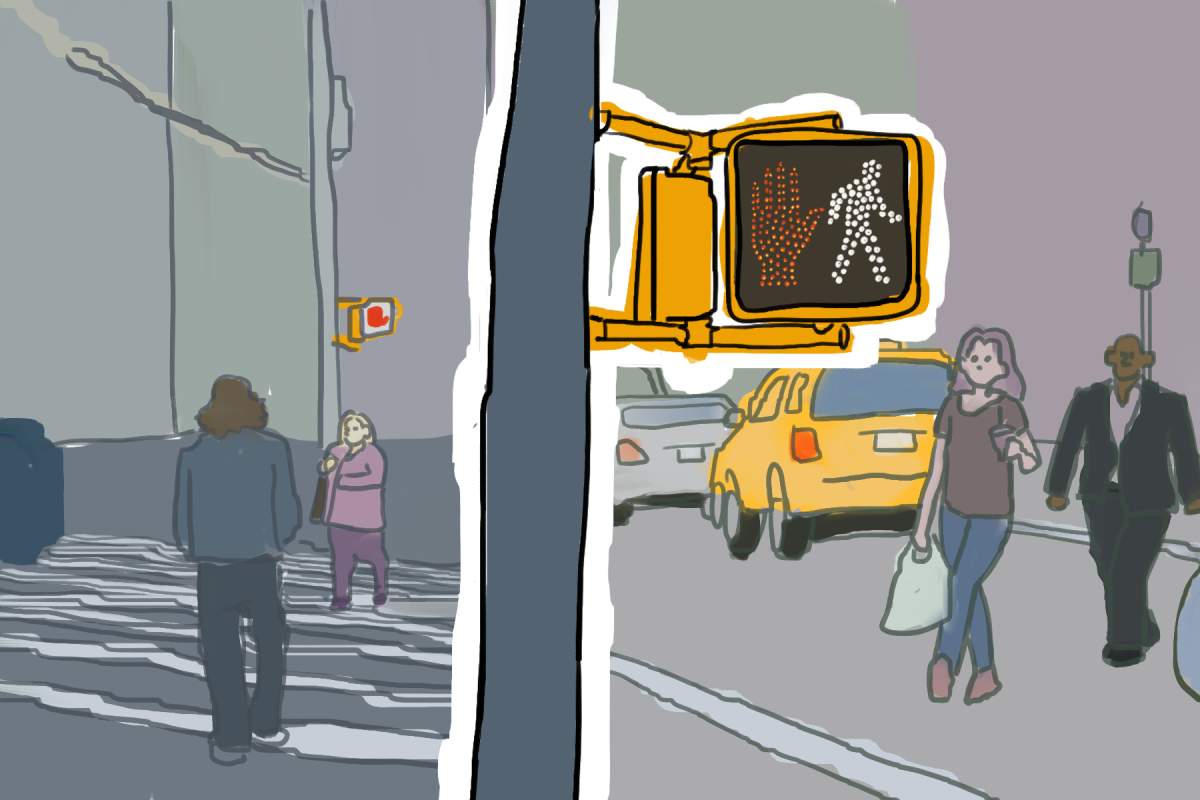Rap lyrics should not be used as evidence
February 19, 2015
During a legal battle over the custody of his 13-month-old daughter, rapper Chris “Ludacris” Bridges’ character was challenged with the use of his rap lyrics. Ludacris won custody, but other rappers facing more serious charges have also had their own lyrics used against them. In 2014, Ronald Herron, a gang leader from Brooklyn, was found guilty of 21 criminal charges, including three murders. The jury’s decision was partly based on a rap video Herron made, as well as testimonies from another rap artist and a linguistics expert who discussed how rappers use lyrics. These are only a few cases of dozens in which rap lyrics have been unfairly admitted as evidence in a trial.
Such cases rest on the premise that rap lyrics, which are usually narrated in first person, are autobiographical. This assumption is absurd. Consider, for example, the 1991 novel “American Psycho.” Few people would attribute Patrick Bateman’s psychopathy to his creator, Bret Easton Ellis. It is similarly foolish to believe that rap lyrics must echo the real lives of their writers. Like novelists, hardcore rappers often create fictional or exaggerated musical personas. While those personas glorify drugs, violence and street life, their creators may well be engineering an image of a lifestyle that is not theirs.
When rap lyrics are used as evidence, they are presented without context to a jury that is probably unfamiliar with the intricacies of hardcore rap culture, which inevitably leads to misinterpretation. Studies have shown that jurors commonly find black defendants guiltier than white defendants for the same crimes. In cases involving rap lyrics, the defendants are typically young black males. The lyrics often portray black males as violent and hypersexual, making it more likely for jurors to
convict them.
Investigating rap is largely inefficient in a criminal case. Time spent analyzing lyrics would be better spent searching for stronger types of evidence. Convictions based on lyrics have a gaping lack of substantial evidence — a case that rests on a subjective analysis of an art form is inherently weak. Although Skinner’s decision was overturned, the admission of rap lyrics into courtrooms is still frequently seen as acceptable. A 2013 study from the American Civil Liberties Union looked at 18 cases analyzing the appropriateness of admitting rap lyrics written by a defendant. In 14 of the cases, courts ruled in favor of admitting the lyrics as evidence. The normalization of this practice poses a serious threat to the protection of rap under free speech.
Artistic expression is not always a reflection of character, and therefore cannot be considered a demonstration of illegal activity or intent. Rap is no exception to this principle. It is time for all courts to stop treating rap lyrics as criminal confessions.
A version of this article appeared in the Thursday, Feb. 19 print edition. Email Zahra Haque at [email protected].





